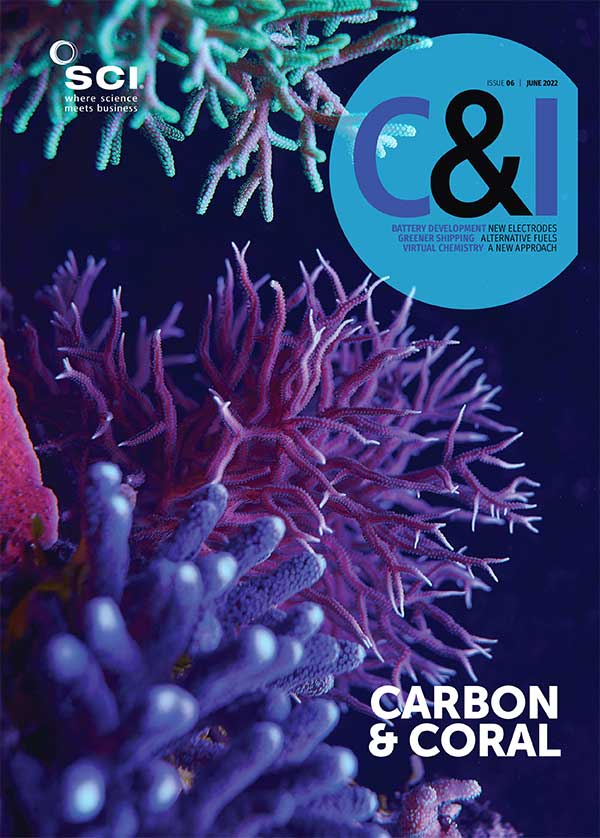CATH O’DRISCOLL
Niacinamide – a natural form of vitamin B3 – promises to help keep skin healthy by discouraging colonisation by microbial pathogens, UK researchers have found, so protecting us against infections.
Computational methods and in vitro assays showed niacinamide can enhance the potency of the naturally occurring antimicrobial peptides (AMPs), according to researchers at UKRI’s Science and Technology Facilities Council (STFC) Scientific Computing Department and Hartree Centre. AMPs are a family of small, endogenously produced compounds found on the skin and released through sweat and sebaceous secretions. They form a key part of the human innate immune system.
Building on earlier work by IBM scientists in India, the STFC researchers observed a clear synergistic effect of niacinamide and the cathelicidin AMP LL37 in reducing the bacterial ‘recovery rate’ in vitro of Staphylococcus aureus, associated with atopic dermatitis (Biophys. J., doi: 10.1016/j.bpj.2021.12.029). The team noted similar benefits with the niacinamide analogue N-methylnicotinamide, whereas an isomeric compound isonicotinamide had no effect.
To understand the effects, STFC’s Valeria Losasso and colleagues used molecular simulations to look at how niacinamide and related compounds interact with LL37 and the bacterial membrane. They used model membranes for human and bacterial cells and showed that niacinamide can alter the physical properties of the bacterial membrane, making it more susceptible to AMPs. They also showed that small molecule additives such as niacinamide may influence the mode of action of LL37 directly, although to a lesser extent.
‘Our models revealed the physical mechanisms driven by subtle chemical interactions and formed the basis of more complex simulations that examined how small molecules interact with skin defence peptides to affect their potency,’ said Losasso. ‘This will help to develop new skin hygiene products and cosmetics, as well as providing the foundation for new drug development.’
The team aims to expand the work to more harmful strains such as the resistant superbug MRSA.
‘This work is a great example of the power of our ongoing collaboration with IBM and Unilever as we work together to explore new possibilities for the health and personal care sector using advanced digital technologies,’ says Katherine Royse, director of STFC Hartree Centre. ‘This is exactly the type of work we will continue through the Hartree National Centre for Digital Innovation.’
Niacinamide is already widely used in cosmetic skin products. Future work could consider other important classes of lipid, such as cardiolipins, which have been implicated in resistance to AMPs.





